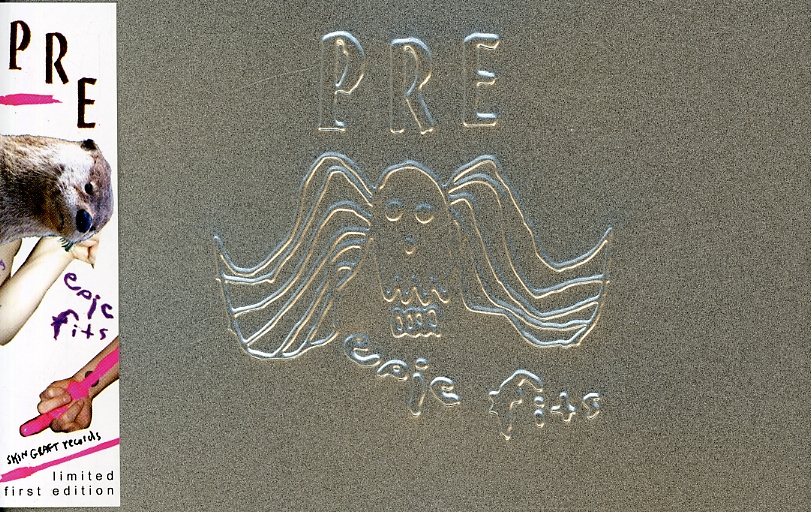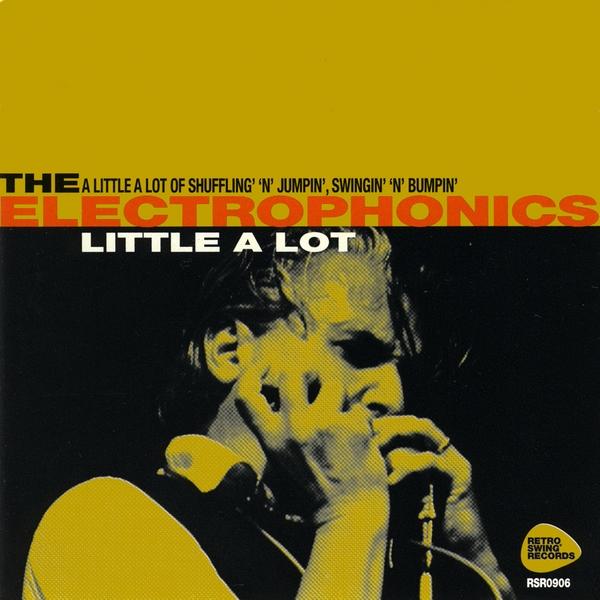
Dale Ann, Margie, and Theresa find themselves pulled back again and again to the Sweetgrass allotment, a silent but ever-present entity in the book; sweetgrass itself is a plant used in the Ojibwe ceremonial odissimaa bag, containing a newborn baby's umbilical cord. In a powerful final chapter, Zho Wash tells the story of the first days of the allotment, when the Wazhushkag, or Muskrat, family became transformed into the Washingtons by the pen of a federal Indian agent. This sense of place and home is both tangible and spiritual, and Linda LeGarde Grover skillfully connects it with the experience of Native women who came of age during the days of the federal termination policy and the struggle for tribal self-determination.
The Road Back to Sweetgrass is a novel that that moves between past and present, the Native and the non-Native, history and myth, and tradition and survival, as the people of Mozhay Point navigate traumatic historical events and federal Indian policies while looking ahead to future generations and the continuation of the Anishinaabe people.







